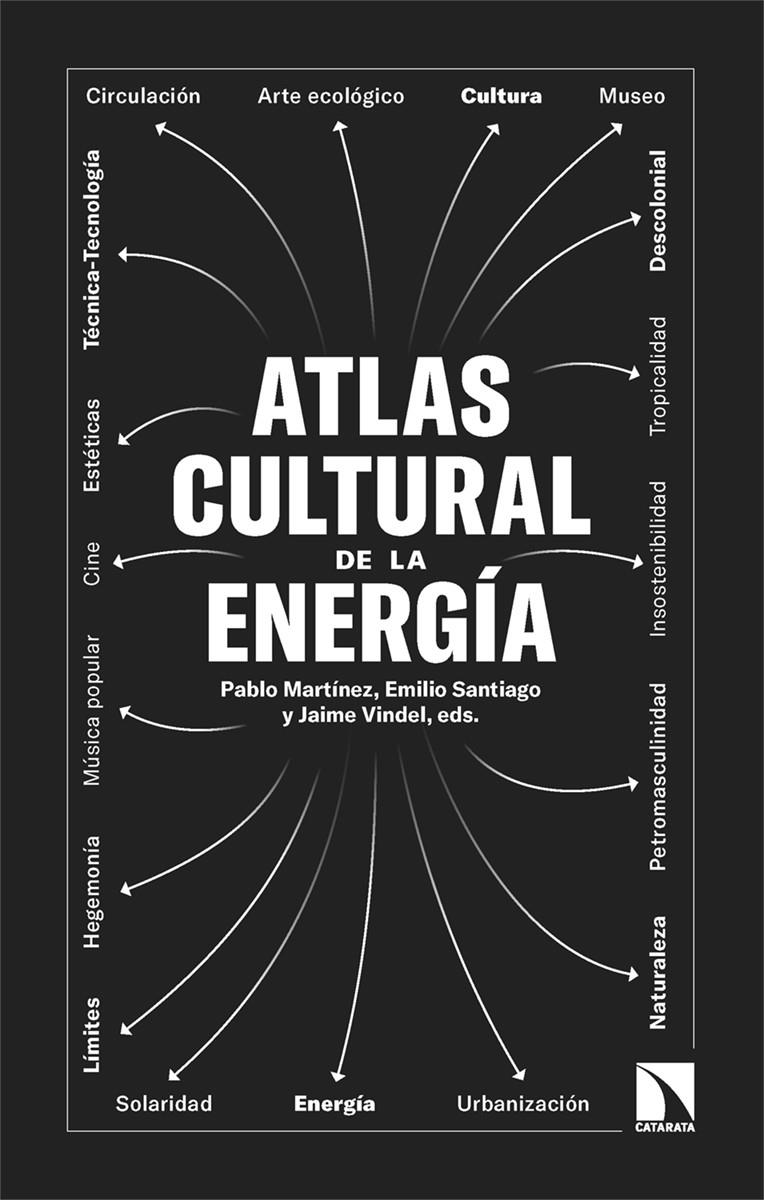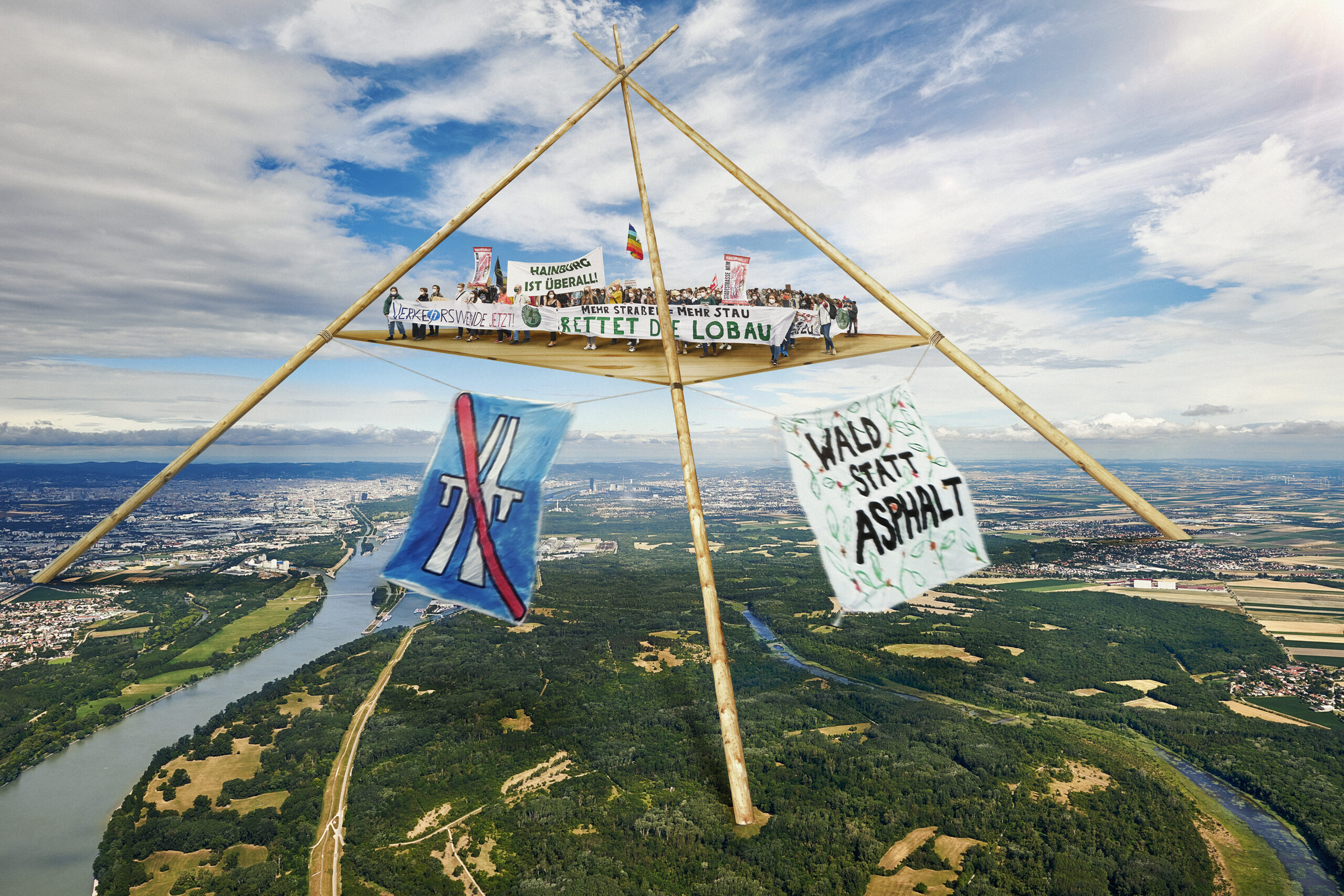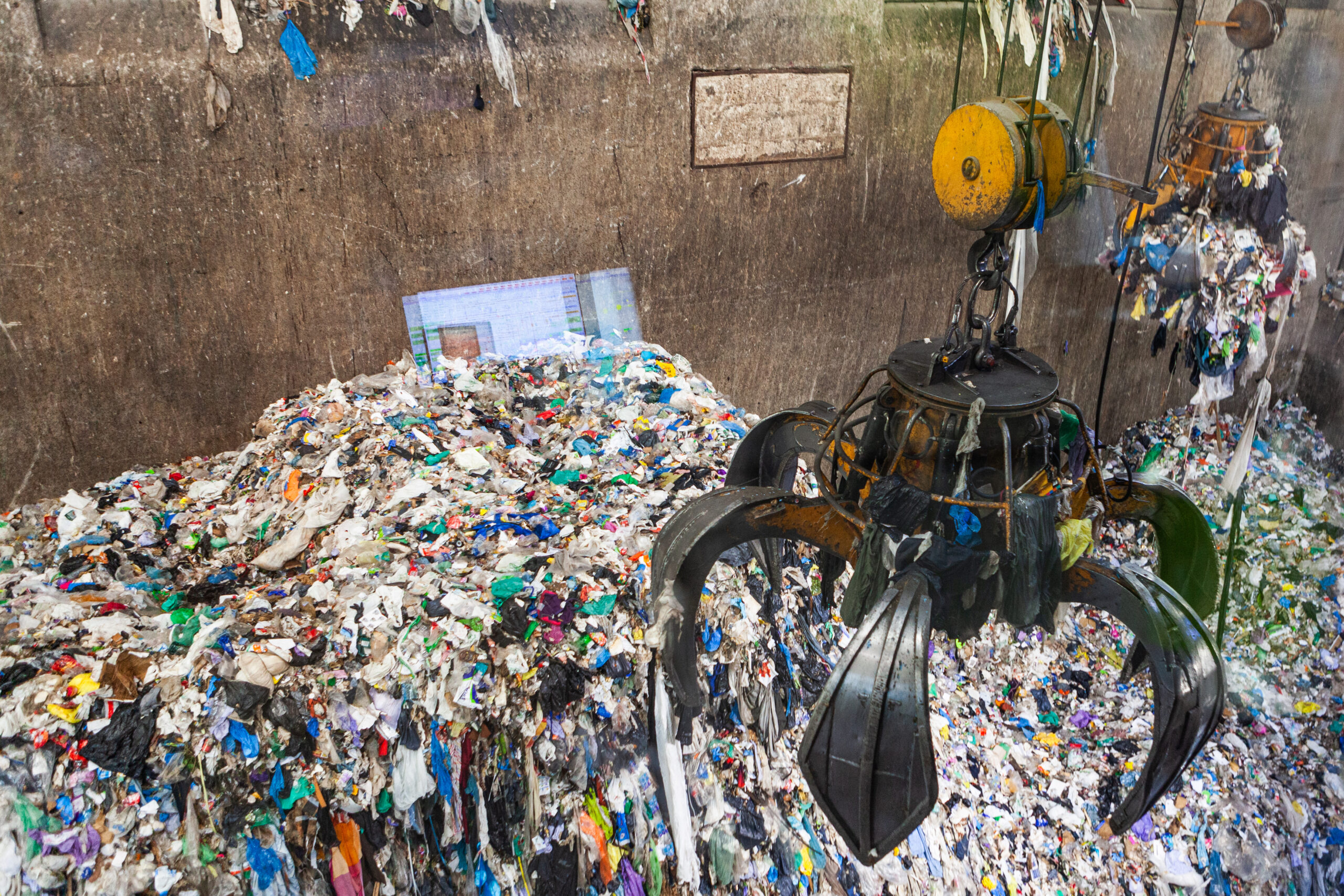
In a context marked by the climate emergency, this cultural atlas of energy offers a revealing look at the complex links between energy, culture and politics. The different concepts addressed explore how fossil energy, the fundamental engine of industrial societies, has not only conditioned their material development, but also the imaginaries and discourses that have structured our vision of progress, freedom and well-being. The book analyses the socio-ecological implications of the energy transition and challenges the reductionist approaches that dominate the contemporary debate. With a critical approach to technocracy and energy determinism, it invites us to reconsider the interactions between the natural and the cultural, giving a decisive and transformative role to imaginaries. This atlas is thus presented as a tool for understanding the dilemmas of the ecosocial transition from the perspective of the energy humanities, contributing to rethinking the relationship between power systems and energy. From this perspective, it defends the need to understand energy not only as a resource, but also as an aesthetic, cultural and political dimension that has shaped the world as we know it.
With texts from: Pablo Martínez, Emilio Santiago Muíño, Jaime Vindel, Adrián Almazán, Fernando Arribas-Herguedas, Iñaki Barcena, Gemma Barricarte, Alberto Berzosa, Cara Daggett, Miguel Errazu, Bárbara Fluxá, Ernest García, Luis González Reyes, Josu Larrinaga, Carmen Madorrán Ayerra, Carmen García Marín, Santiago Morilla, Coco Moya, Julia Ramírez-Blanco, Rocío Robles Tardío, Belén Romero, Jorge Yeregui, Maria Anna Zazzarino.




